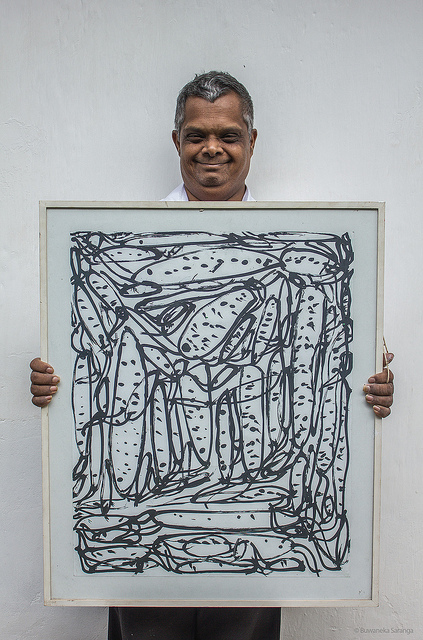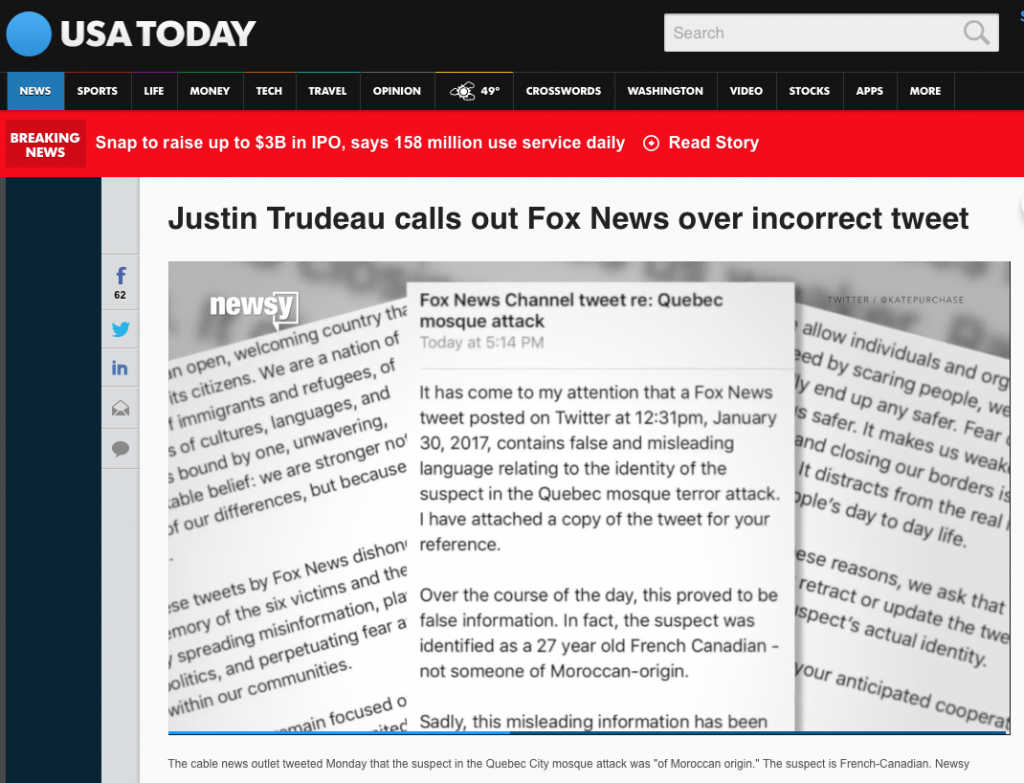By Daniel Jones
“I wish I had Down syndrome.” These words were spoken by a student in a functional skills special education (SPED) classroom that I work in during the day. The student was speaking with another student who has Down syndrome (DS). Like many graduate students, I work multiple jobs while being in school. Claims of the disconnected ivory tower sometimes seem lost on me. In multiple instances, my research on the role of classification in society (regarding discourses of nature, religion, human-being, etc.) and my experiences in the workplace shape one another.
My experiences in the SPED classroom often engage my experiences with the critical study of religion and society. I have found that one helps me think through the other. The above quote was affectionately spoken by a student with cognitive and physical disabilities (without DS) to another student who has DS. Continue reading ““I Wish I Had Down Syndrome:” On Disability, Agency, and Classification”











 The Culture on the Edge collective frequently addresses the relevance of various questions about origins, identifications, and discourse that reflect issues in Religious Studies, but we apply those questions to aspects of society not typically identified as religious. These ideas are a part of a Culture on the Edge panel at the Southeast Regional AAR/SECSOR meeting this coming weekend in Atlanta. Vaia Touna and Steven Ramey will participate in a panel on Saturday March 5 entitled “Culture on the Edge Grounded and Applied: The Wider Relevance of the Study of Religion”. If you are planning to attend the conference or happen to be close enough to show up on Saturday, we would love to chat with you and hear your thoughts on applying issues in Religious Studies more broadly.
The Culture on the Edge collective frequently addresses the relevance of various questions about origins, identifications, and discourse that reflect issues in Religious Studies, but we apply those questions to aspects of society not typically identified as religious. These ideas are a part of a Culture on the Edge panel at the Southeast Regional AAR/SECSOR meeting this coming weekend in Atlanta. Vaia Touna and Steven Ramey will participate in a panel on Saturday March 5 entitled “Culture on the Edge Grounded and Applied: The Wider Relevance of the Study of Religion”. If you are planning to attend the conference or happen to be close enough to show up on Saturday, we would love to chat with you and hear your thoughts on applying issues in Religious Studies more broadly. 